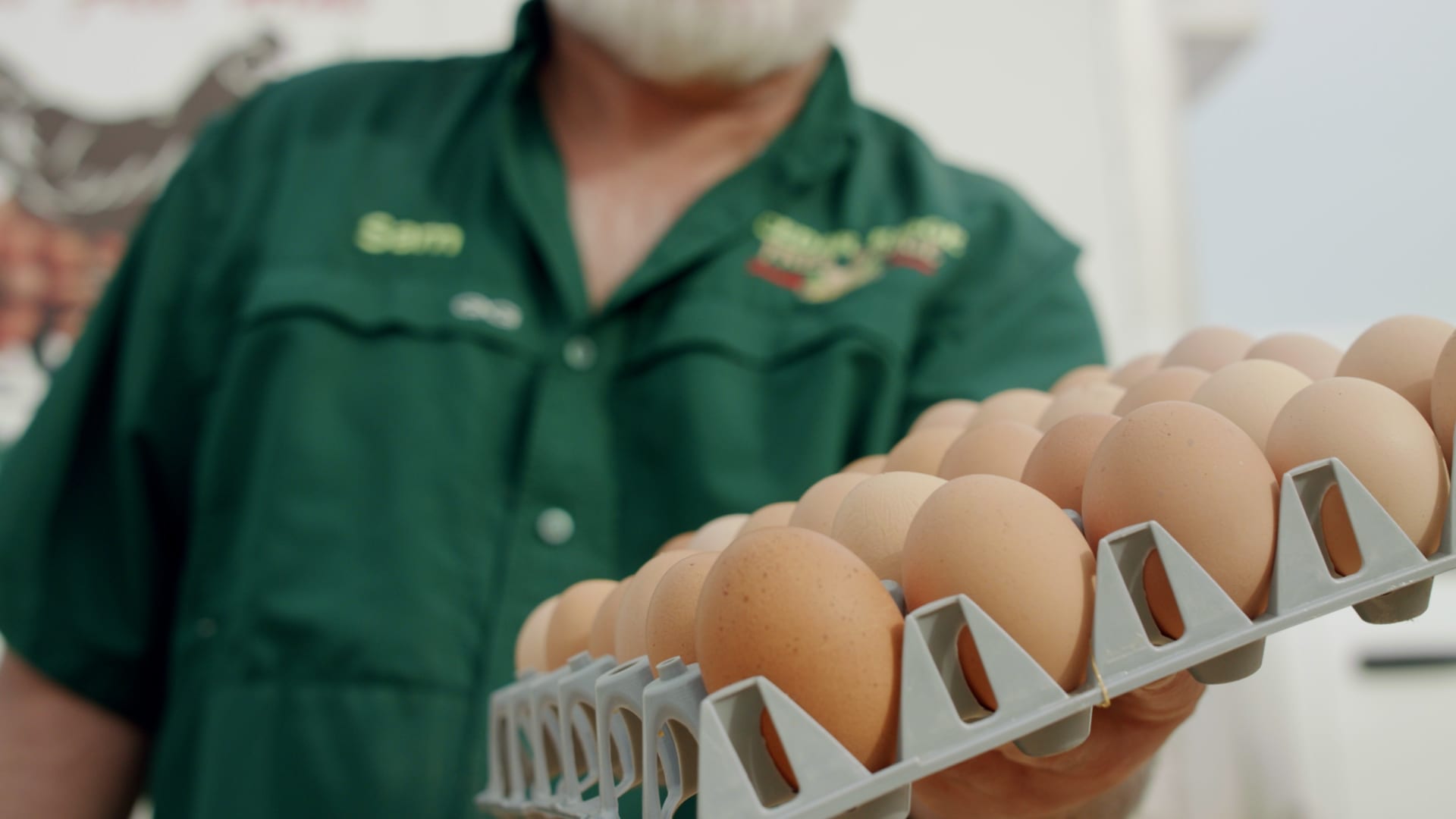The avian flu is more widespread than even and it’s digging a hole in our pockets and raising health concerns.
The two big concerns are the rising egg prices and the risk of another human pandemic.
“It's unfortunate, but you still gotta get those eggs, you know? When you can,” said Davon Smart of San Jose.
Experts say egg prices will likely rise even further in the months ahead as wild birds migrate, and with them, outbreaks.
This is one reason why, according to The New York Times, the U.S. is considering vaccinating chickens.
“We’ve had to euthanize over 50 million domestic poultry over the last year, and for a lot of people, that's unacceptable. So, if we can protect against disease, that’s something we need to consider,” said Maurice Pitesky, poultry specialist at the UC Cooperative Extension.
But there's logistical issues and economic impacts, considering we have over eight billion broilers and vaccines don’t protect against infections.
“So the worry is that we would be exporting meat that has virus on it that would spread in other countries, but there’s ways around that if we do really good surveillance,” said Pitesky.
Which could mean higher costs for the industry and consumers.
Get a weekly recap of the latest San Francisco Bay Area housing news. >Sign up for NBC Bay Area’s Housing Deconstructed newsletter.
But health experts say there’s an even bigger concern at hand -- reducing the potential of a bird flu pandemic among humans.
“There are two things we are looking out for, the first is a jump from birds to mammals and that has already occurred with this particular strain, the second is human to human transmission and that is not occurring right now,” said Dr. Peter Chin-Hong, UCSF infectious disease specialist.
He said the U.S. has a stockpile of H5N1 vaccines that may need to be updated and he believes the country is gradually preparing for a pandemic we’ll likely see in the long term.
“In the last 100 years at least four pandemics have been caused by bird flu, even the 1918 flu pandemic,” said Chin-Hong.



